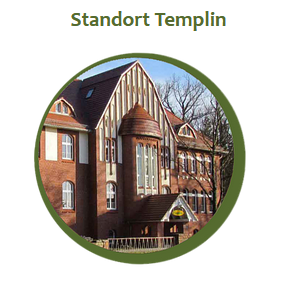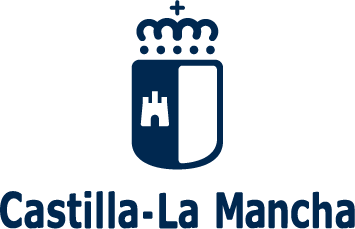Small children for daycare, primary and secondary children up to finishing school after 13 years to go on to university if desired, parents who want their children to be taught in a conscious environment, wanting participate in this education.
Private/Public – it is a private incentive supported with government money.

The association Freie Schule Prenzlau e. V. is the non-profit sponsor of the active nature school with a Montessori orientation in Prenzlau and Templin and the associated day-care centers.
Here, children and young people can develop their natural potential in an inquisitive, mindful and self-determined manner. The educators are at their side as learning companions - attentive and with respect for their personality and activity.
The association Freie Schule Prenzlau e.V. is a member of the Federal Association of Free Alternative Schools, the Working Group of Free Schools in Brandenburg and the Montessori State Association Berlin-Brandenburg.
Promote and support.
It doesn't matter whether you enthusiastically accompanied your child or grandchild in the active nature school,
You were a student yourself or you want to get involved in educational diversity and sustainability:
Strengthen self-determined social and ecological learning in the Uckermark with us!
The role of nature in the learning methods suits the area of Uckermark very well, as the school is situated in nature and the teaching connects nature and territory which can create links to this rural area. With three schools in the region, the enmeshment is growing.
The basic idea of parents founding this school and wanting to be involved in the development and design of the school program gives these parents and likeminded others a reason to stay in the area with their children. Therefore, the relational link between school and parents is strong. The focus of a school of this type is paying close attention to the connection with nature and the community development.
The teaching process can be continued from 2yrs to 18 years of age with individual attention given to the pupils. This very alternative way of education based on the Montessori approach shows also in various specialization projects in different subjects that can be developed with the pupils. Such a teaching process brings teachers into the school who are idealistic and focused on the development and empowerment of their pupils



